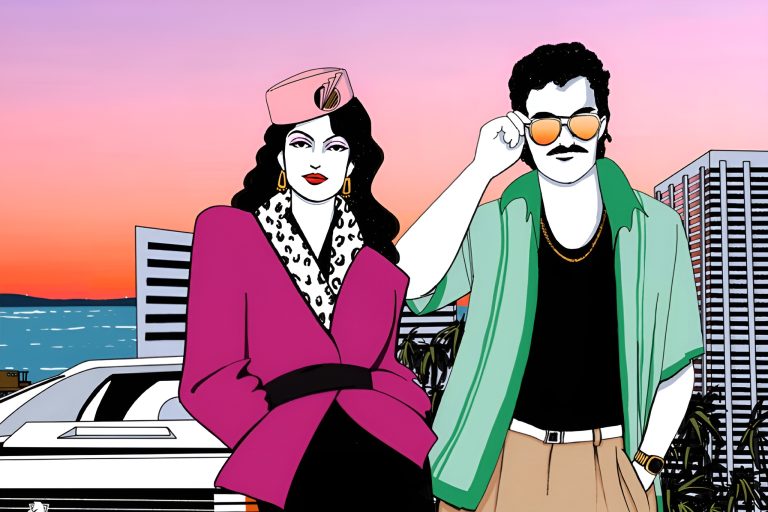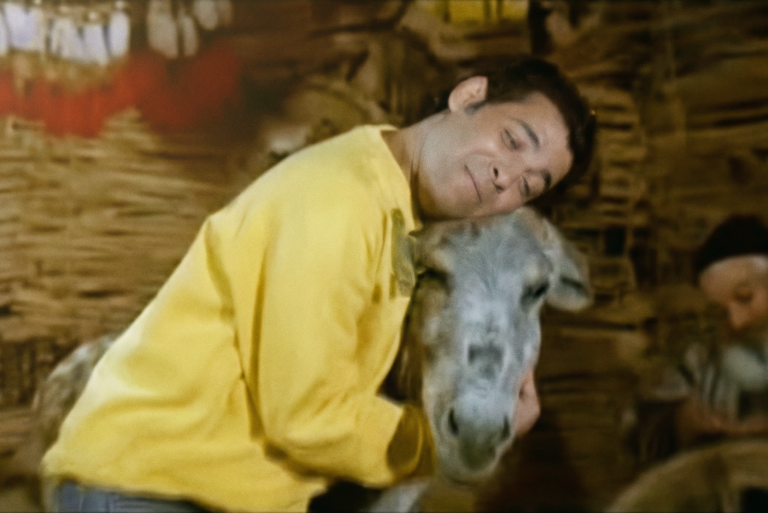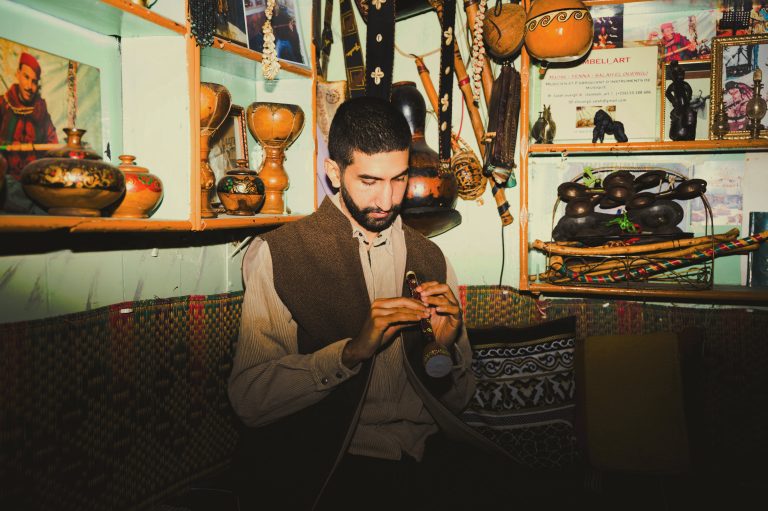On May 23, 1975, Mohamed Lakhdar Hamina sat comfortably by the bed in his hotel room in Cannes, France, waiting for a phone call. The 41-year-old Algerian film director was wearing a traditional djellaba from his hometown of M’Sila, Algeria.
This day was an important day for the filmmaker. The Cannes Film Festival jury was set to present the Palme d’Or to the best film shown at the year’s festival.
For the first time, Algeria had been nominated that year for the first time in the country’s history for Hamina’s three-hour-long historic fresco Chronicles of the Ember Years (Les chroniques des années de braise).
At the time, African films rarely made up the official selection, let alone won the competition. This nomination was a significant achievement for Algeria, which gained independence over a decade prior.
Hamina had been up against stiff competition, facing the likes of Martin Scorsese (with Alice Doesn’t Live Here Anymore) and Costa-Gavras, with (Section spéciale).
Yet, when Hamina answered the phone that day and learned that he had won, he made history as the first—and still the only—African or Arab filmmaker to win the Palme d’Or.
The man from a desert town in northeast Algeria accomplished what once seemed impossible
Fifty years later to the day, the Cannes committee paid tribute to Hamina with an exclusive screening of a 4K restored version of his masterpiece.

The French-Algerian rapper, actor, and producer Sofiane Zermani celebrated the talent of this pioneer of Algerian cinema alongside many comedians.
“The legacy of Mohamed Lakhdar-Hamina belongs to us all,” he told the crowd. “I’m proud to be here. Chronique des années de braise is a cry of humanity; a piece of history; the voice of our grandparents; a beacon of light; and a bridge between the two shores of the Mediterranean Sea”.
Chronique des années de braise is undoubtedly a daring film and a cinematic oddity within the Algerian film industry, which was still in its early stages at the time.
“It’s a production unlike anything we’ve ever seen in Africa,” Victoire Lancelin, production coordinator at 2Horloges Production and writer for @algeriancinema, asserts. “Aesthetically, it’s a very beautiful film. Cannes praised its perfect cinematography.”
To achieve this result, the Algerian government provided Hamina with a budget to rival the biggest Hollywood productions. With extras as far as the eye could see and a large team behind the camera, no expense was spared in the making of the film.
“At the time, the newly independent Algerian state was keen to invest heavily in cinema to produce epic historical films,” Lancelin explains. To the Western eye, it was still “unexpected that such blockbusters could be made in an African country”.
What is so special about this film is that it attempts to tackle the decades of French colonization of Algeria. Hamina, a well-respected documentarian, attempts to retell the story of this point in Algeria’s history from famine to insurrection, via humiliation, exile, awareness, fraternity, land, fire and blood.
As film critic Samir Ardjoum analyzes, “It’s a film that wants to embrace the depth and layers of history, not just a single episode.”
The film challenges the prevalent colonial narrative of the time, which portrayed the rise for independence as an overnight rebellion. Here, Hamina reveals that the beginning of the thawra (Arabic for “revolution”) was the logical consequence of decades of colonization , human rights violations, and injustice.

At a time when the French narrative continued to dominate, this film sought to impose the Algerian perspective. By depicting decades of atrocities committed by the French state, Hamina challenges the official colonial myth.
Samir Ardjoum says that, for Hamina, “images can become weapons, and the screen is a battlefield where image after image is used to regain stolen sovereignty”.
“It is a rare gesture, that of a people filmed from within themselves,” he adds.
If this victory appears symbolic, it is because it is the first. However, what was once perceived as an achievement now has a bitter aftertaste.
“This Palme d’Or is historic in its solitude: it remains an isolated peak, an exception that is celebrated but never repeated,” Ardjoum regrets.
The win’s historic significance is further underlined by the context of this year’s Cannes Film Festival. After 132 years of colonisation and seven years of war, Algeria gained independence from France in 1962.
While Algerians view this as a victory, the French see it as a humiliating defeat. In 1975, those nostalgic for French Algeria were still haunted by this outcome, particularly in southern France, where large communities of Algerian expats lived. To them, Mohamed Lakhdar Hamina’s nomination and presence at Cannes appeared to be a provocation. The wound was still bleeding.
“Former members of the OAS, an anti-independence militia that carried out numerous attacks on French and Algerian soil during the war of independence, threatened Mohamed Lakhdar Hamina”, Lancelin recounts.
In Paris, the government took these threats seriously. The French Minister of the Interior, Michel Poniatowski, dispatched police officers to protect Hamina and his three children during the festival.
Last May should have marked the big return of this cinema trailblazer to the Cannes Festival. However, the director, who once accepted his Palme d’Or on this very stage wearing his beloved M’Sila djellaba, was nowhere to be seen. The Algerian filmmaker passed away peacefully in his home that same evening.
He died in the land he had once so magnificently captured on screen.














